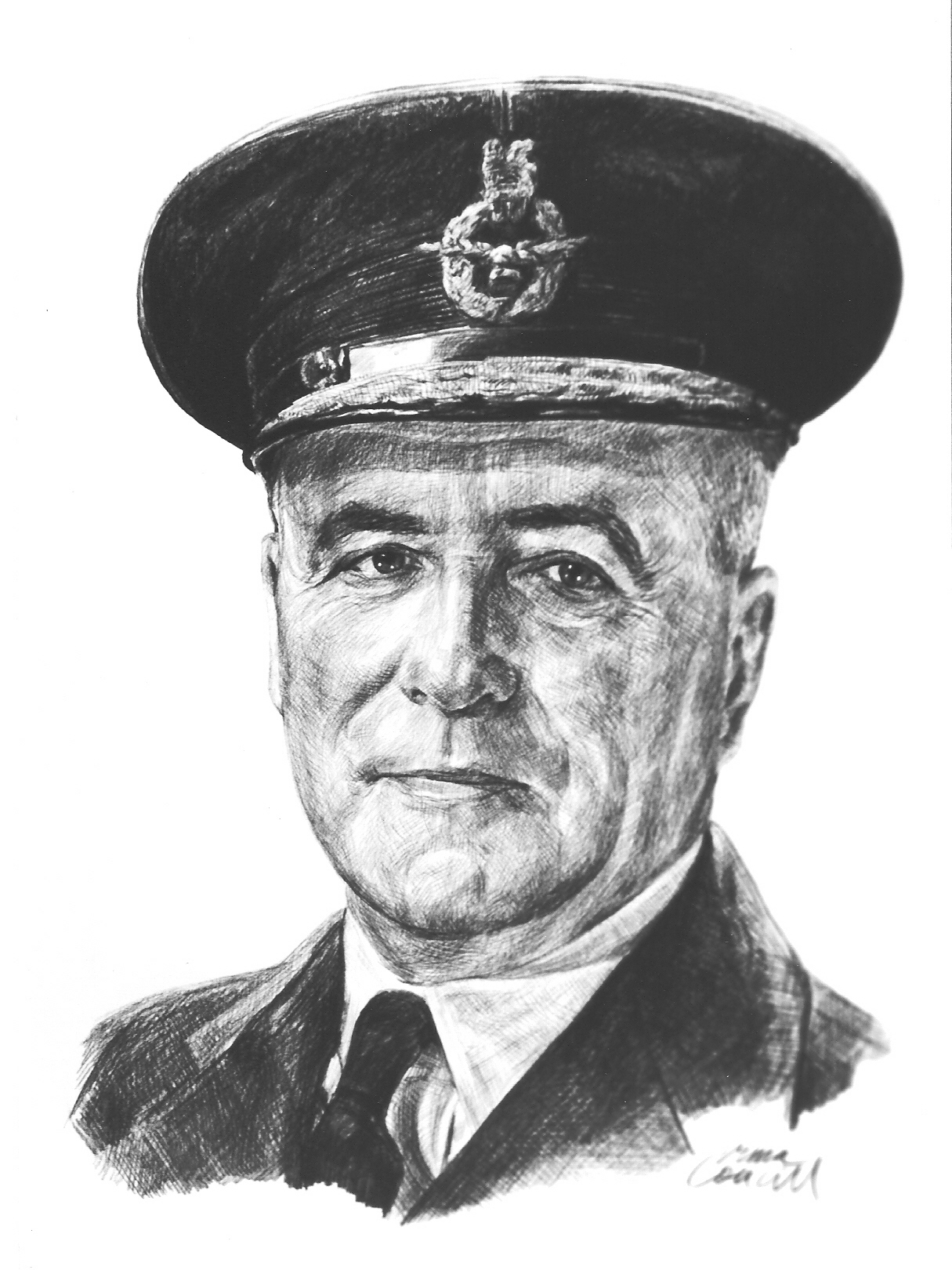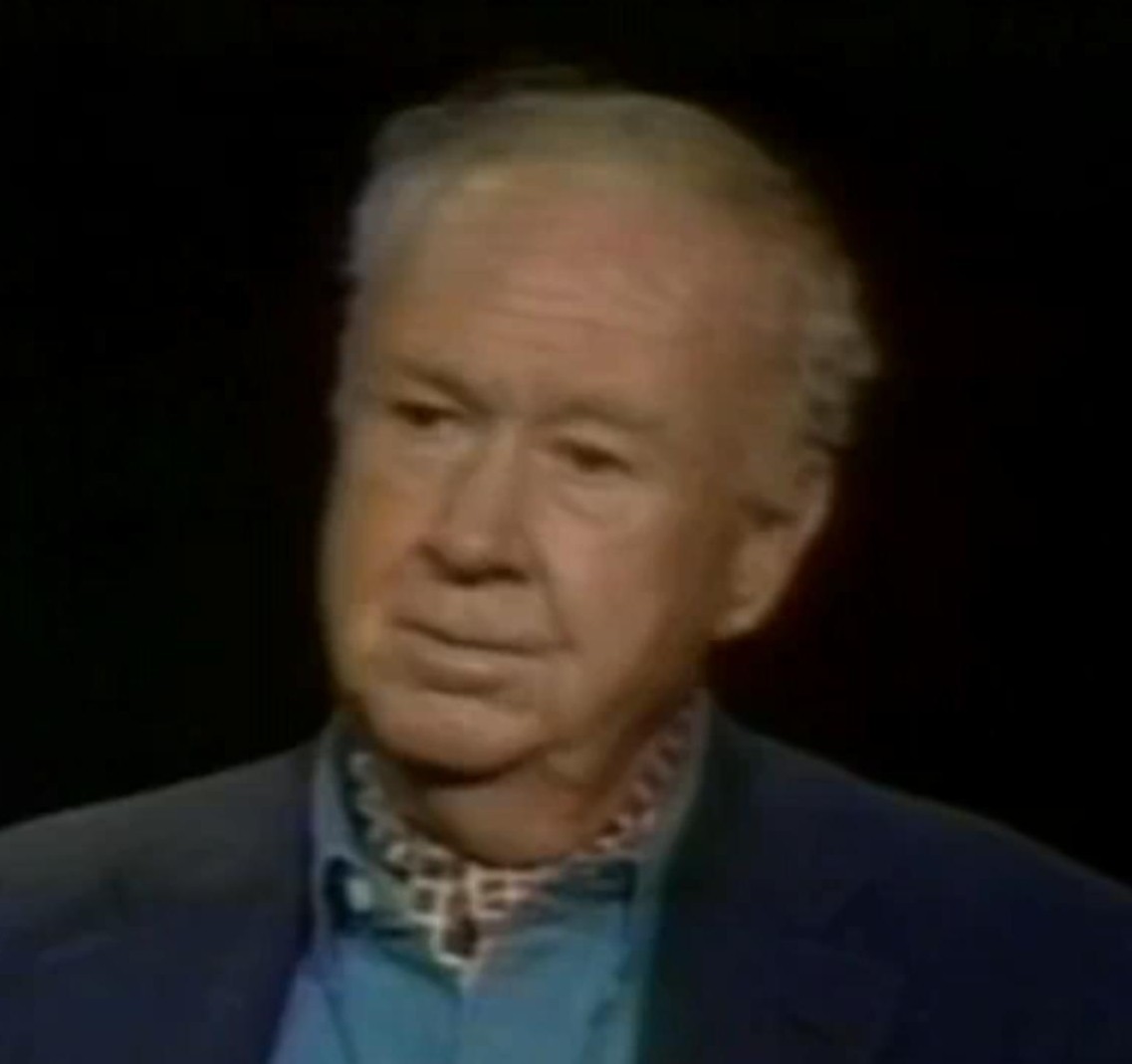Unveiling Vera Leckie: The Woman Behind Robert Leckie's Legacy
In the annals of military history and literature, the name Robert Leckie resonates deeply. Known for his raw, unflinching accounts of the Pacific War, particularly through his seminal memoir, *Helmet for My Pillow*, Leckie became a voice for a generation of Marines. Yet, behind every significant figure, there often stands an equally compelling, though less publicized, individual. In Robert Leckie's case, that person was his wife, Vera Keller Leckie. Her story, often overshadowed by the brutal realities of war depicted in his writings and the subsequent HBO miniseries *The Pacific*, is one of unwavering support, resilience, and the quiet strength that anchored a man profoundly shaped by combat.
Understanding the life of Robert Leckie's wife is not merely a biographical exercise; it's an exploration into the profound human connections that endure amidst unimaginable adversity. It sheds light on the often-overlooked domestic front of war, where families grappled with absence, fear, and the challenging reintegration of veterans. Vera Leckie's journey offers a vital perspective on the personal cost of conflict and the foundational role of family in healing and rebuilding.
Biography of Robert Leckie
Robert Leckie, born on December 18, 1920, in Philadelphia, Pennsylvania, was an American author and Marine. His early life was marked by a typical American upbringing, but it was the onset of World War II that irrevocably altered his path. Enlisting in the United States Marine Corps in 1942, Leckie served in the 1st Marine Division, participating in some of the most brutal campaigns of the Pacific Theater, including Guadalcanal, Cape Gloucester, and Peleliu. His experiences as a machine gunner and scout deeply impacted him, providing the raw material for his future literary endeavors. After being wounded and honorably discharged in 1945, Leckie returned home, grappling with the invisible scars of war. He embarked on a career in journalism and later, as a prolific author, writing over 40 books, predominantly on military history. His most famous work, *Helmet for My Pillow* (1957), offered a visceral, candid look at the soldier's experience, distinguishing itself from more sanitized accounts. This memoir, along with Eugene Sledge's *With the Old Breed*, formed the basis for the critically acclaimed HBO miniseries *The Pacific*, bringing Leckie's story and the harrowing realities of the Pacific War to a global audience. Robert Leckie passed away on December 24, 2001, leaving behind a profound literary legacy and a testament to the resilience of the human spirit.
- Lisa Ann Walter Movies And Tv Shows
- Beckett Grading
- Hyatt Regency Miami
- Lauren Hall Pornstar
- Kaitlin Hopkins
Personal Data & Biodata: Robert Leckie and Vera Leckie
| Attribute | Robert Leckie | Vera Keller Leckie |
|---|---|---|
| Full Name | Robert Hugh Leckie | Vera Keller Leckie |
| Born | December 18, 1920 | Circa 1920s (Exact date not widely publicized) |
| Died | December 24, 2001 | August 2005 |
| Place of Birth | Philadelphia, Pennsylvania, USA | Unknown (Likely New Jersey, USA) |
| Nationality | American | American |
| Spouse | Vera Keller Leckie | Robert Hugh Leckie |
| Children | 3 (Robert, Joan, Geoff) | 3 (Robert, Joan, Geoff) |
| Occupation | Author, Journalist | Homemaker, Support System |
| Military Service | U.S. Marine Corps (WWII) | N/A |
| Known For | Author of *Helmet for My Pillow*, WWII Veteran | Wife of Robert Leckie, subject of his personal reflections |
The Unsung Heroine: Who Was Robert Leckie's Wife?
While Robert Leckie's name is synonymous with the brutal realities of the Pacific Theater, the identity and contributions of Robert Leckie's wife, Vera Leckie, often remain in the shadows. Vera Keller Leckie was more than just a footnote in a war hero's biography; she was the anchor, the confidante, and the unwavering presence that helped him navigate the tumultuous waters of post-war life and translate his harrowing experiences into enduring literature. Born Vera Keller, her life before meeting Robert was, like many young women of her generation, likely shaped by the economic realities of the Great Depression and the looming specter of global conflict. Her background instilled in her a sense of practicality, resilience, and a deep appreciation for stability, qualities that would prove invaluable in her partnership with a man scarred by the horrors of war.
Early Life and Formative Years
Details regarding Vera Keller's early life are not as extensively documented as those of her famous husband. However, it is understood that she grew up in New Jersey, likely in a working-class or middle-class family, a common demographic during that era. Her formative years would have been characterized by the societal norms of the 1930s and early 1940s, emphasizing family values, community, and a strong sense of duty. These experiences likely cultivated a quiet strength and a grounded perspective, which would later be crucial in supporting Robert through his struggles. Her ability to provide a sense of normalcy and stability was a profound gift to a man who had witnessed the absolute antithesis of peace and order on distant battlefields.
A Wartime Romance: Robert Leckie and Vera's Courtship
The story of how Robert Leckie and Vera met is a testament to the serendipity and urgency of wartime romances. They first crossed paths in the summer of 1944, during one of Robert's brief periods of leave from the Marines. At this point, Leckie had already endured the unimaginable horrors of Guadalcanal and Cape Gloucester, and was recovering from injuries sustained at Peleliu. Vera, a young woman living in New Jersey, represented a world far removed from the jungles and beaches of the Pacific. Their connection was immediate, perhaps fueled by the intense emotions and uncertainties that defined the era. For Robert, Vera was a beacon of hope, a glimpse of the normal life he yearned for, a stark contrast to the death and destruction he had witnessed. For Vera, Robert was a returning hero, albeit one carrying invisible wounds, and their bond quickly deepened amidst the backdrop of a nation at war.
- Nico Williams
- Yang Yang Dating
- Alamo Drafthouse Cinema Brooklyn
- Dollywood Resort
- Is Judge Lauren Lake Married
Love Amidst Chaos: Their Connection
Their courtship was brief but intense, characteristic of many relationships formed during wartime. Soldiers and their loved ones understood that tomorrow was never guaranteed, leading to accelerated timelines for commitment. Robert Leckie, a man who had faced death head-on, found solace and a future in Vera. Their shared moments, though limited by his military obligations, forged a deep emotional bond. Vera's presence offered him a glimpse of a life beyond the battlefield, a reason to survive and return. This profound connection became a foundational element of their enduring marriage, a partnership that would face challenges far beyond the initial anxieties of wartime separation. Their commitment to each other, forged in an era of global upheaval, laid the groundwork for the family they would build and the support system that would sustain Robert through his post-war struggles and literary career.
Post-War Life: Adjusting to Peace and Family
The end of World War II brought a collective sigh of relief, but for many veterans like Robert Leckie, the transition back to civilian life was anything but simple. The mental and emotional scars of combat, now recognized as Post-Traumatic Stress Disorder (PTSD), were not understood or adequately addressed at the time. Robert Leckie's wife, Vera, played an indispensable role in helping him navigate this challenging period. While he had survived the physical dangers of war, the psychological battles were just beginning. Vera provided a stable home environment, a sanctuary where Robert could begin to process his experiences. Her patience, understanding, and unwavering love were crucial as he grappled with nightmares, flashbacks, and the profound shift from a life-or-death existence to the mundane routines of peace. This period was a test of their bond, requiring immense empathy and resilience from Vera.
Building a Life Together: The Leckie Family
Despite the challenges, Robert and Vera Leckie built a family, raising three children: Robert, Joan, and Geoff. The creation of their family unit was a testament to their commitment and a vital part of Robert's healing process. Children often bring a sense of purpose and a focus on the future, which can be profoundly therapeutic for individuals who have experienced trauma. Vera ensured that their home was a nurturing environment, providing the stability that Robert desperately needed. She managed the household, allowing Robert the space and time he needed to not only adjust but eventually to channel his experiences into writing. Her practical support in managing daily life, coupled with her emotional fortitude, allowed Robert the mental bandwidth to pursue his literary aspirations, which ultimately led to the creation of *Helmet for My Pillow* and his subsequent career as an author. The Leckie family became a symbol of post-war recovery and the quiet strength of domestic life.
Vera Leckie's Role in Robert's Literary Career
It is impossible to fully appreciate Robert Leckie's literary output, especially his powerful memoirs, without acknowledging the profound influence and support of Robert Leckie's wife, Vera. While Robert was the one who put pen to paper, Vera was the silent force behind his ability to do so. Her understanding of his struggles, her patience with his moments of introspection or withdrawal, and her unwavering belief in his unique voice were foundational. It was Vera who created the stable home environment that allowed Robert the mental space to revisit the horrors of his past and translate them into words. She was likely his first reader, his sounding board, and his emotional anchor during the arduous process of writing *Helmet for My Pillow*. This memoir, a raw and uncensored account, required immense courage not only from Robert to write but also from Vera to support him through its creation, understanding the emotional toll it took on him to relive those moments. Her practical support in managing the household and raising their children freed Robert to dedicate himself to his craft. Without Vera's steadfast partnership, it is highly probable that *Helmet for My Pillow*, and indeed much of Robert Leckie's subsequent work, might never have seen the light of day. She truly was an indispensable partner in his creative journey.
The Legacy of Robert Leckie and His Family
The legacy of Robert Leckie extends far beyond his individual achievements as a writer and a veteran. It encompasses the enduring impact of his family, particularly the role of Robert Leckie's wife, Vera, in shaping his life and his ability to share his story. Their partnership serves as a powerful testament to the resilience of the human spirit and the strength found in familial bonds. Leckie's writings, particularly *Helmet for My Pillow*, have become essential texts for understanding the personal toll of World War II. They offer an intimate, unfiltered look at the soldier's experience, complementing broader historical narratives. This legacy is not just about the battles fought but about the lives rebuilt, the families sustained, and the stories preserved for future generations. The Leckie family, through Robert's memoirs and the public's fascination with their story, represents the millions of American families who navigated the complexities of war and its aftermath. Their narrative underscores the importance of support systems for veterans and the long-term impact of conflict on both individuals and their loved ones. It's a legacy of truth, endurance, and the quiet heroism of everyday life.
Beyond the Battlefield: Understanding the Human Cost of War
The story of Robert Leckie and Robert Leckie's wife, Vera, is a poignant reminder that the cost of war extends far beyond the battlefield. While soldiers face immediate dangers, their families bear a different, yet equally heavy, burden. They endure the anxiety of separation, the fear of loss, and the profound challenge of welcoming home individuals forever changed by their experiences. This aspect of war, the human and psychological toll on both veterans and their support networks, is a critical area of understanding, especially in the context of YMYL (Your Money or Your Life) principles, as it directly impacts well-being, mental health, and the stability of family life. Vera's role in Robert's life exemplifies the silent sacrifices made by countless spouses and family members. Their resilience and dedication are fundamental to the veteran's journey of healing and reintegration into society. Understanding this dynamic is crucial for developing effective support systems and policies for veterans and their families today.
The Unseen Scars: Supporting Veterans
For veterans like Robert Leckie, the "unseen scars" of war—PTSD, moral injury, and other psychological wounds—often prove more challenging than physical injuries. These conditions can manifest as emotional detachment, anger, depression, and difficulty adjusting to civilian routines. The support provided by spouses like Vera Leckie is invaluable in navigating these complex issues. Modern understanding emphasizes comprehensive support systems, including therapy, community integration programs, and family counseling. The Leckie family's experience highlights the historical lack of such resources and the reliance on personal fortitude and familial love. Their story serves as a historical case study underscoring the vital need for robust mental health services for veterans and their families, recognizing that the health and stability of the family unit are paramount to the veteran's overall well-being and successful reintegration into society.
The Enduring Narrative: Portrayals in Media
The story of Robert Leckie and his experiences in the Pacific War gained renewed prominence with the 2010 HBO miniseries *The Pacific*. This critically acclaimed production, executive produced by Steven Spielberg and Tom Hanks, brought Leckie's memoir, *Helmet for My Pillow*, to a global audience, alongside Eugene Sledge's *With the Old Breed*. The series meticulously recreated the brutal realities of combat, but it also delved into the personal lives of the Marines, including their relationships and the challenges of returning home. While the primary focus remained on the combat experience, the series did offer glimpses into Robert Leckie's personal life, including his courtship and marriage to Vera. Actress Annie Parisse portrayed Vera Leckie, offering viewers a visual representation of the woman who stood by Robert. These portrayals, though brief, helped to humanize the war experience beyond the battlefield, reminding audiences of the vital connections that awaited the soldiers back home.
*The Pacific* and Public Awareness
*The Pacific* played a crucial role in elevating public awareness not only of the specific campaigns fought by the 1st Marine Division but also of the personal stories of its members. For many viewers, it was their first introduction to Robert Leckie's writings and the profound impact of the war on individuals like him. The series, by depicting the complexities of his return home and his relationship with Vera Leckie, underscored the idea that the war didn't end when the fighting stopped. It continued in the minds and hearts of the veterans and their families. This media portrayal contributed significantly to a broader understanding of post-traumatic stress and the long-term psychological effects of combat, fostering a more empathetic view of veterans and their struggles, and highlighting the quiet strength of the families who supported them.
A Partnership Forged in Adversity: The True Story of Robert Leckie's Wife
The story of Robert Leckie's wife, Vera Leckie, is a powerful narrative of partnership, resilience, and unwavering support. Her life, intertwined with that of a man deeply affected by the horrors of war, exemplifies the quiet strength and dedication that often define the spouses of veterans. Vera was not merely a character in Robert's story; she was an essential co-author of his post-war life, providing the stability, understanding, and love that allowed him to heal, to raise a family, and ultimately, to share his profound experiences with the world. Their marriage was a testament to enduring commitment, a beacon of normalcy amidst the chaos of memory and trauma. Vera Leckie’s contribution, though largely unwritten by her own hand, is indelibly etched into the fabric of Robert Leckie’s legacy, reminding us that behind every powerful story of courage and survival, there are often unsung heroes who provide the foundation for recovery and growth.
Conclusion
In delving into the life of Robert Leckie's wife, Vera Leckie, we uncover a story that is both deeply personal and universally resonant. Her quiet strength, unwavering support, and enduring love were instrumental in helping Robert Leckie navigate the profound challenges of post-war life and channel his harrowing experiences into the powerful literary works that define his legacy. Vera Leckie represents the countless spouses and family members who, away from the battlefields, fought their own silent battles of worry, waiting, and welcoming home their changed loved ones. Their partnership underscores the critical importance of family support in the journey of veteran recovery and reintegration.
We hope this article has provided you with a deeper understanding of Vera Leckie's significant role and the broader human cost of war. Her story reminds us of the profound impact of conflict on individuals and families, and the enduring power of human connection. If you found this exploration insightful, we encourage you to share it with others who might benefit from understanding the full spectrum of the wartime experience. Do you have thoughts or insights on the role of military families? Share your comments below! For more compelling stories of resilience and history, explore other articles on our site.
- Patrick Gibson Actor Age
- Activity Connection
- Jeong Hwan Kong
- What Does Benjamin Orrs Son Do
- Alessandro Preziosi E Fidanzata

Robert Leckie - Canada's Aviation Hall of Fame

Robert Leckie - The Pacific Wiki

Robert Leckie - The Pacific Wiki